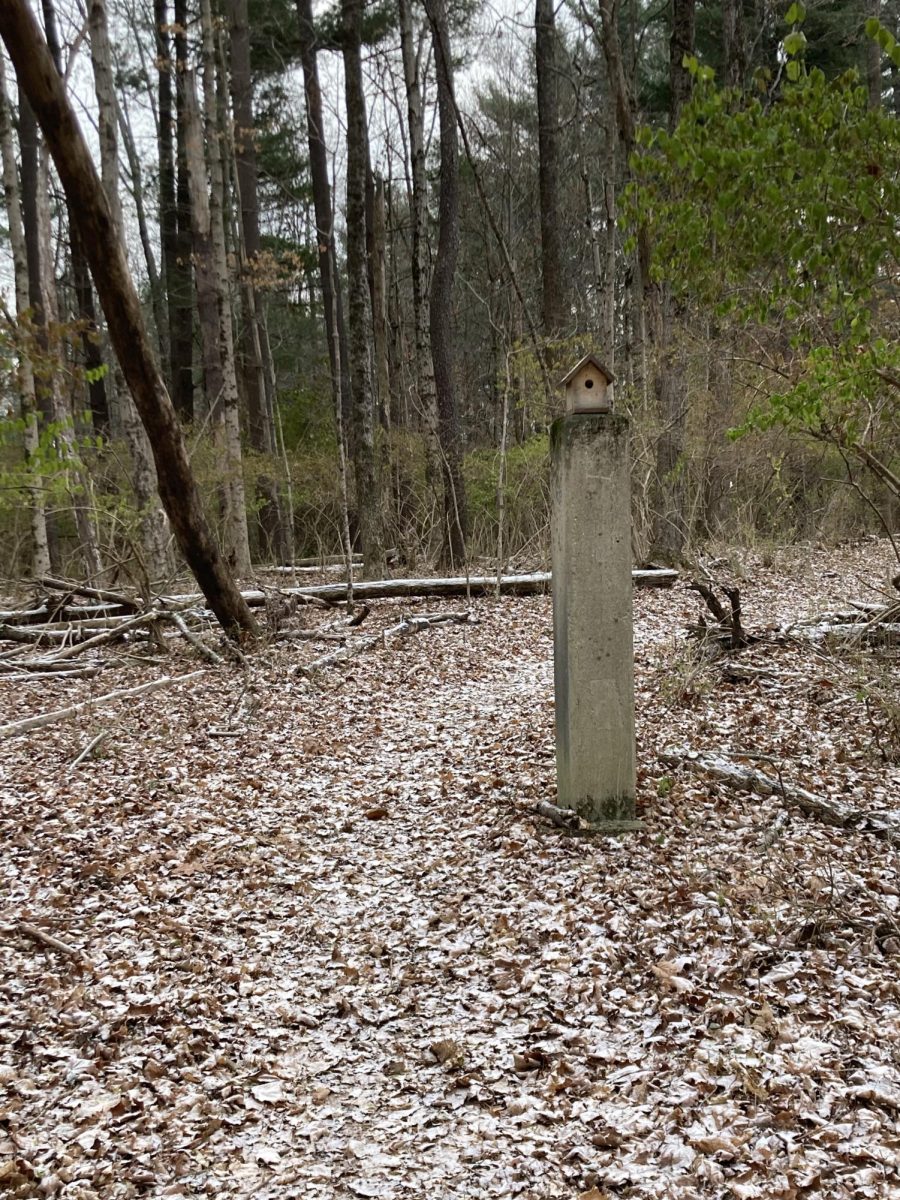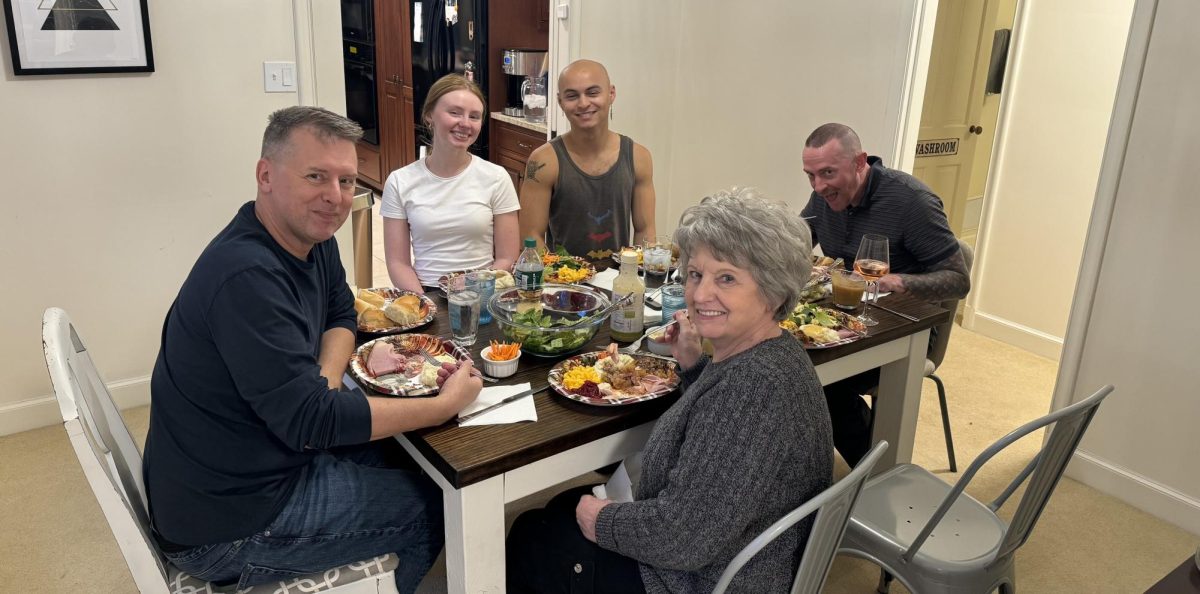Oxford lacks a news organization staffed by professional reporters. This is an uncomfortable reality for residents, who are denied access to experienced coverage of local government and schools.
The recently launched Oxford Observer, a project of Miami’s department of Media, Journalism & Film, aims to focus on community affairs, while the well-established Miami Student covers campus issues and has recently been venturing into local business and political coverage. Both of these organizations rely on student reporters.
Barring unforeseen shifts in the local news landscape, Oxford residents and Miami employees should be prepared to speak with students reporting for the Observer and the Student. Here are some tips for talking with student reporters.
- Schedule at least 15 minutes to talk with the reporter on the phone or in person. Although it might seem that email is a more efficient and precise way to say exactly what you mean, communicating by email closes off your opportunity to clear up misconstrued information. Face-to-face conversations are best, because communication happens through body language, tone of voice and in many other ways besides the typewritten word. Schedule the interview for when you will not feel rushed and think about whether the reporter has had enough time to understand your responses.
- Ask questions of your own. It’s okay to have the reporter explain how she understands an event or issue. It’s also okay to ask for information the reporter has already gathered, if it helps you know how to respond. Transparency is part of the journalist’s credo, so reporters will be prepared to have an open conversation about the issue at hand and the thrust of the coverage.
- Realize that all reporters are generalists. This point is especially relevant to interviewees in the world of academia, where specialization is prized. In fact, it is a whole different way of understanding the world, and a valuable skill. Journalists must quickly learn about a wide range of topics and write about them in clear language the public can understand. In your capacity as an expert or insider source, expect the reporter’s learning process to unfold with your help.
- Assume the information you provide will be published. By default, you should be aware that what you tell any reporter can be quoted or attributed to you in a news outlet. Never expect that a student journalist’s work will not be published.
- Understand going “off the record.” What if you want to tell the reporter something without having the information attributed to you? You can do that, but you must ask the reporter’s permission beforehand. This kind of arrangement should have a compelling reason related to public rather than private interests. For journalists, off-the-record information can be invaluable, providing leads that can be followed and sources that can be questioned. But since reporters and editors are leery of using information that cannot be attributed, off-the-record information is unlikely to be published unless it is corroborated by other sources or documents that can be quoted.
- Acknowledge your public role. A private citizen’s responsibility to comment on public issues is limited. But that responsibility increases with knowledge and leadership. For example: a sociologist who studies race on college campuses would have a greater responsibility to comment on social movements at Miami University than would an electrical engineering professor. The latter might claim a lack of knowledge or interest, but the former should feel a real sense of obligation. This especially applies to government officials and university administrators, who are paid not only to make decisions but to honestly represent the considerations and interests involved.
- Don’t say “no” to an interview without a really good reason. Certainly, no laws require anyone ever to talk to a journalist. But a version of the golden rule applies here: if no one shared information with the press, could the community ever be well informed? Ask yourself why you feel hesitant. Assuming you have nothing to hide, make every attempt to swallow your shyness and contribute to the important public project of reviving local journalism here in Oxford.









